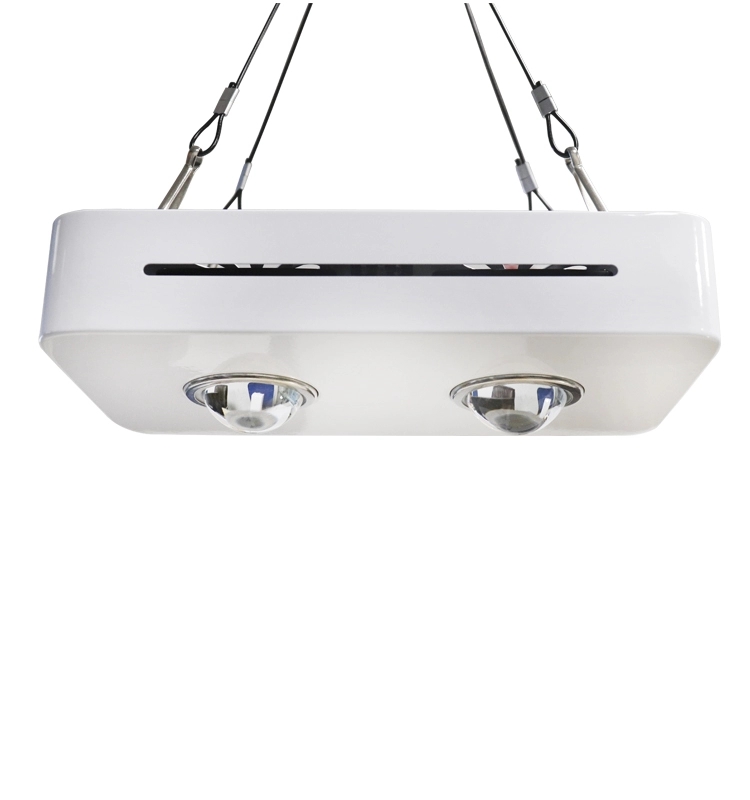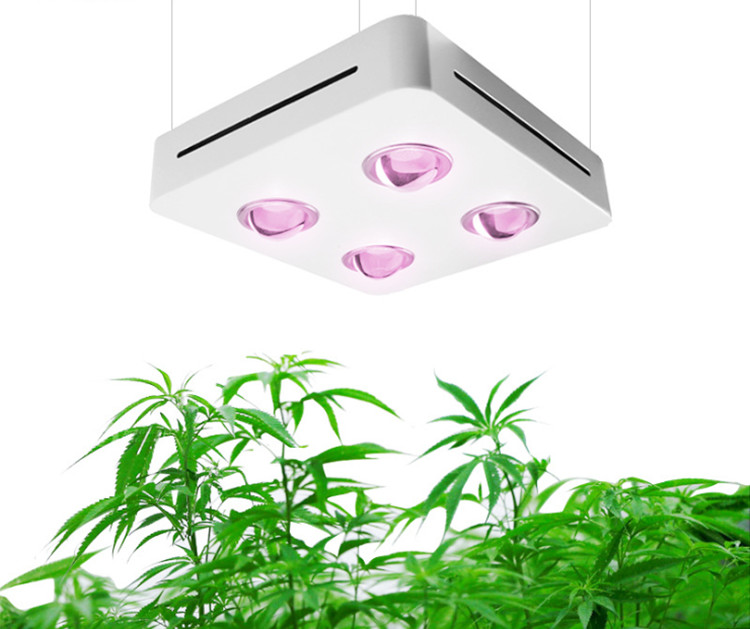Recently, the Ministry of Education officially announced the number and subject of new undergraduate majors for the national college entrance examination in 2011.
Among them, only two universities in Guangdong Province received new undergraduate majors, namely the newly added Chinese medicine specialty in Guangzhou University of Chinese Medicine, and the new energy materials and devices major in South China Normal University.
It is reported that this time, the Ministry of Education announced a total of 140 newly-established undergraduate majors in colleges and universities. All new majors will begin enrollment in 2011. At present, professional titles, professional codes, years of study, and degree granting programs have all been posted online. It is worth noting that the newly approved new specialties are all strategically emerging industry-related undergraduate programs identified by the country, focusing on strategically emerging countries such as the Internet of Things, the Internet, green economy, low-carbon economy, nano-materials and technology, and digital cinema. Highly qualified professionals required for industrial development.
Related reading: What is the Internet of Things?
The Internet of Things is an important part of a new generation of information technology. The English name of the Internet of Things is "The Internet of things." As the name implies, the Internet of Things is the "Internet of Things Connected." This has two meanings: First, the core and foundation of the Internet of Things is still the Internet, which is an extension and expansion network based on the Internet; and secondly, its user end extends and expands to any object and object to carry out information. Exchange and communication. Therefore, the definition of the Internet of Things is: through information-sensing devices such as radio frequency identification (RFID), infrared sensors, global positioning systems, and laser scanners, according to the agreed protocol, any object is connected to the Internet for information exchange and communication. To realize intelligent identification, positioning, tracking, monitoring and management of objects.
Among them, only two universities in Guangdong Province received new undergraduate majors, namely the newly added Chinese medicine specialty in Guangzhou University of Chinese Medicine, and the new energy materials and devices major in South China Normal University.
It is reported that this time, the Ministry of Education announced a total of 140 newly-established undergraduate majors in colleges and universities. All new majors will begin enrollment in 2011. At present, professional titles, professional codes, years of study, and degree granting programs have all been posted online. It is worth noting that the newly approved new specialties are all strategically emerging industry-related undergraduate programs identified by the country, focusing on strategically emerging countries such as the Internet of Things, the Internet, green economy, low-carbon economy, nano-materials and technology, and digital cinema. Highly qualified professionals required for industrial development.
Related reading: What is the Internet of Things?
The Internet of Things is an important part of a new generation of information technology. The English name of the Internet of Things is "The Internet of things." As the name implies, the Internet of Things is the "Internet of Things Connected." This has two meanings: First, the core and foundation of the Internet of Things is still the Internet, which is an extension and expansion network based on the Internet; and secondly, its user end extends and expands to any object and object to carry out information. Exchange and communication. Therefore, the definition of the Internet of Things is: through information-sensing devices such as radio frequency identification (RFID), infrared sensors, global positioning systems, and laser scanners, according to the agreed protocol, any object is connected to the Internet for information exchange and communication. To realize intelligent identification, positioning, tracking, monitoring and management of objects.
Grow light cob include 50w-1000w real power cob grow light, use Epistar high power chip, have pink lighting and 3500k white lighting to choose.
| COB LED Grow Light Benefits: |
| More efficient: 100% of the power input for our LED grow lights is used for your plant chlorophyll production. |
| Better for environment: It saves 50% to 90% in energy consumption compared to incandescent bulbs or fluorescent tubes. |
| Less Heat: Low heated LED bulbs will protect your plants well. |
| Less trouble: No ballast to burn out likes other plant lights |



Grow Light Bulbs,Grow Light Stand,Cob Grow Lights,Cob Grow Light
Shenzhen Wenyi Lighting Technology Co., Ltd , https://www.szwygrow.com